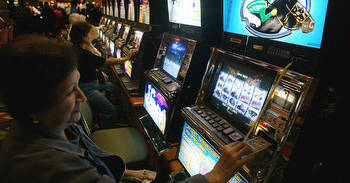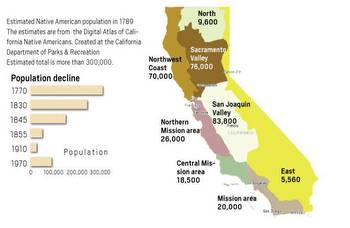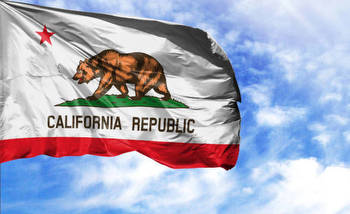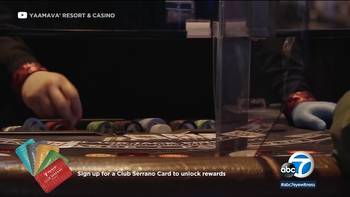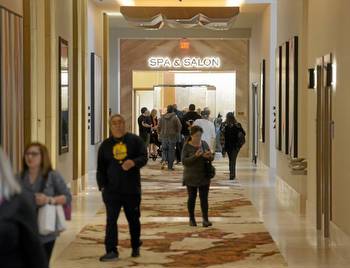California and its Indian Tribes Would Be Losers if Online Gambling Is Permitted

For the past 20 years, California voters have repeatedly stood with Indian tribes as we’ve sought to authorize and uphold gaming on tribal lands.
Indian gaming has promoted tribal self-reliance — supporting education, infrastructure, health care, housing and other vital resources for our people.
In return, Indian tribes have upheld our commitment to California — operating well-regulated gaming on tribal lands that benefits Indian peoples and all Californians. Tribal casinos generate nearly 125,000 jobs for Californians, $20 billion for state and local economies, and $1.3 billion in revenue sharing to the state and local governments annually.
In 2018, the U.S. Supreme Court eliminated the federal prohibition on sports wagering, leaving it to the states to authorize and regulate sports wagering within their borders. This November, California voters will likely be faced with important choices about the future of gaming in the Golden State: whether or not, and how broadly, to authorize sports wagering.
There are currently two ballot measures qualified or likely to qualify for the November 2022 ballot on this subject — a third measure recently entered signature circulation. When stripped down to the basics, the choice before voters will likely be:
- Authorizing in-person, regulated sports wagering at Indian casinos, which have a proven track record of operating safe gaming; or
- Allowing out-of-state gambling corporations to control and offer online and mobile sports wagering – turning virtually every phone, tablet and laptop in California into a gambling device.
We believe the choice is simple, and we are confident the voters will agree.
The in-person tribal sports wagering measure, called California Legalize Sports Betting on American Indian Lands Initiative, is modeled off the successful approach that Indian tribes have used to operate gaming for more than 20 years. The ballot measurewill implement proven safeguards to ensure safe, responsible, in-person sports wagering by requiring individuals to be 21 or older and be physically present when placing bets. This prevents underage gambling.
It will generate new jobs and create new economic opportunities that uplift tribal and non-tribal communities; will help non-gaming tribes by increasing funds distributed through tribal-state compacts; and will increase state revenues by tens of millions of dollars annually to support state priorities.
Conversely, another measure, funded by DraftKings and FanDuel, would legalize online betting and put the future of sports betting in California in the hands of out-of-state, online gambling corporations. Their measure would authorize the largest expansion of gambling in state history — allowing virtually anyone, anywhere, anytime to gamble.
Studies show this unprecedented access would lead to more problem gambling, addiction and crime. In fact, the National Council on Problem Gambling reports online sports bettors are up to five times more likely to develop problem gambling than other types of gamblers.
Experts warn that the accelerated speed of play, easy access and immediate nature of mobile gambling is especially attractive to youth and those prone to impulsive gambling.
This online operators’ measure lacks critical safeguards to prevent underage gambling, and there is no sure-proof way to prevent kids from placing bets online using false identification or their parents’ information.
Recognizing that California voters are strongly opposed to legalizing online gambling, the online gambling corporations are cleverly trying to promote their measure as a “solution” to homelessness – directing a portion of gambling revenues for this purpose.
But many experts, including from the UCLA Gambling Studies Program, cite gambling addiction as a significant factor that contributes to becoming homeless and maintaining a cycle of homelessness.
It’s simply bad policy to fund homelessness and mental health programs by legalizing a massive expansion of online gambling that will only lead to further addiction and financial distress.
A broad coalition of Indian tribes is unified in our opposition to the out-of-state gambling corporations’ measure and in support of the in-person tribal sports wagering act. We’re confident that voters will stand with California Indian tribes for the best interests of all people, just as they have for the past 20 years.
Raymond Welch is chairman of the Barona Band of Mission Indians in San Diego County.Greg Sarris is tribal chairman of the Federated Indians of Graton Rancheria in Sonoma County. They wrote this for CalMatters, a public interest journalism venture committed to explaining how California’s Capitol works and why it matters.









